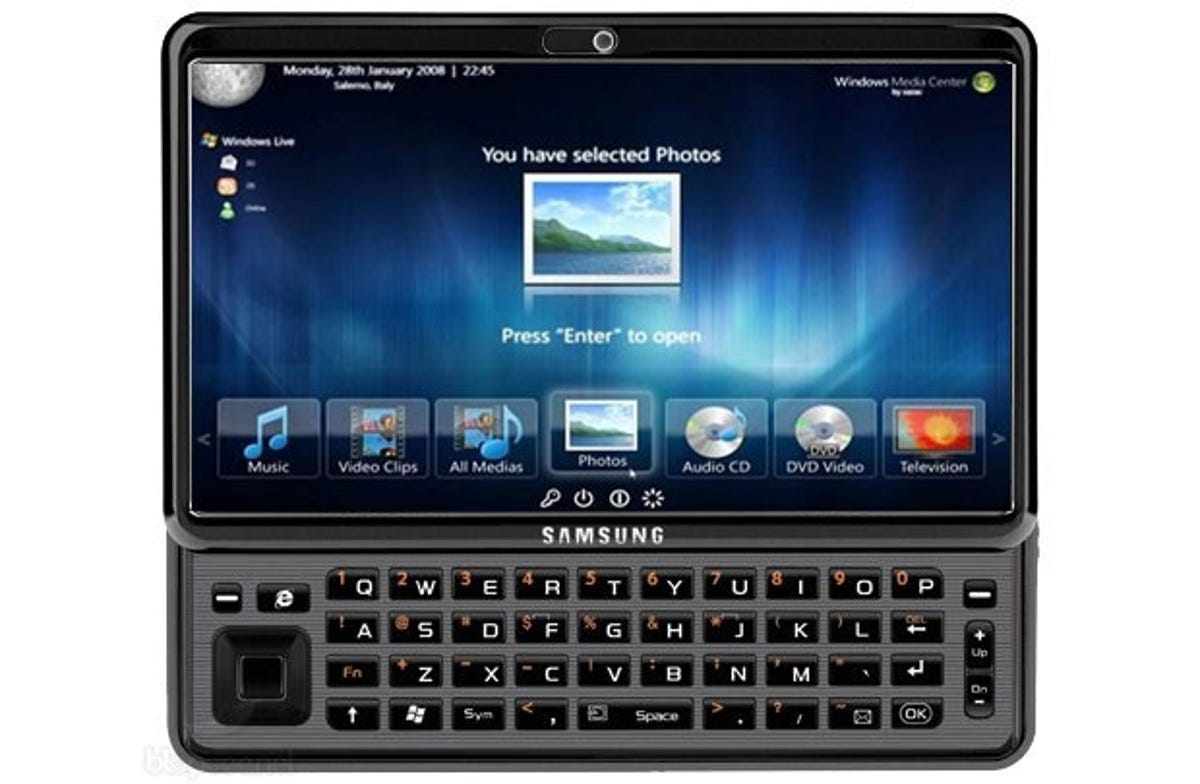
Microsoft will unveil a version of Windows that runs on devices that use ARM-based processors at CES in January, Bloomberg reports.
ARM architecture is the basis for pretty much every mobile phone and tablet processor out there, including the Hummingbird chip that’s in the Google Nexus S, the Snapdragon in the HTC Desire HD, and the Apple processor in the iPad.
ARM is also a British icon, having evolved from Acorn computers, which made the beloved BBC Micro.
Currently, Windows is mostly found on devices based on the x86 architecture — that’s everything from desktop computers to laptops. The new OS will reportedly support both x86 and ARM chips.
Versions of Windows that support ARM chips do exist — Windows Embedded Compact for tablets, and Windows Mobile for phones, for example. But neither are based on the desktop Windows kernel and they don’t offer all of its features.
Microsoft is probably making the move in an attempt to take on Apple’s huge lead in tablet computers, but the new version of the OS could also come in handy on set-top boxes and what Redmond calls ‘slates’, which are single-function devices such as ebook readers.
Microsoft has been struggling to convince consumers and manufacturers to take up Windows-based tablets, such as the upcoming HP Slate. We’ve already seen rumours that Samsung will be showing off a Windows 7-powered tablet with a slide-out keyboard, codenamed Gloria (pictured above).
The main attraction of bringing Windows to ARM-based mobile devices could be for developers, since it would allow them to move games and programs for desktops to tablets with less effort.
Intel is trying to shrink x86-based processors down to mobile sizes, with its Z6xx Moorestown processor being an early attempt. But ARM still has the advantage for low-power devices that need to hoard battery life while pumping out the cycles.
ARM and Microsoft declined to comment on the report.



